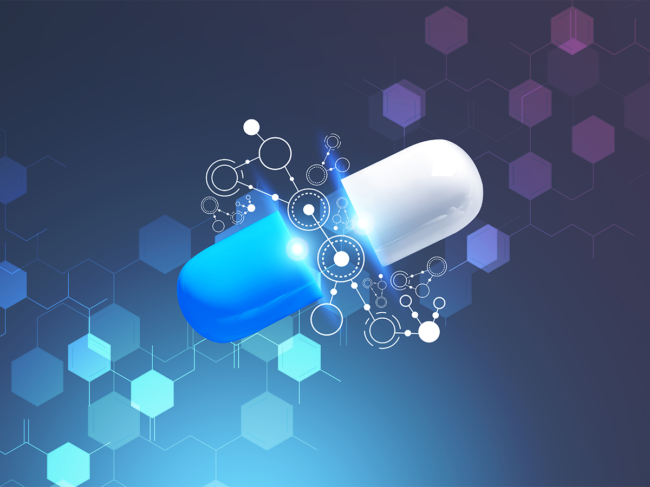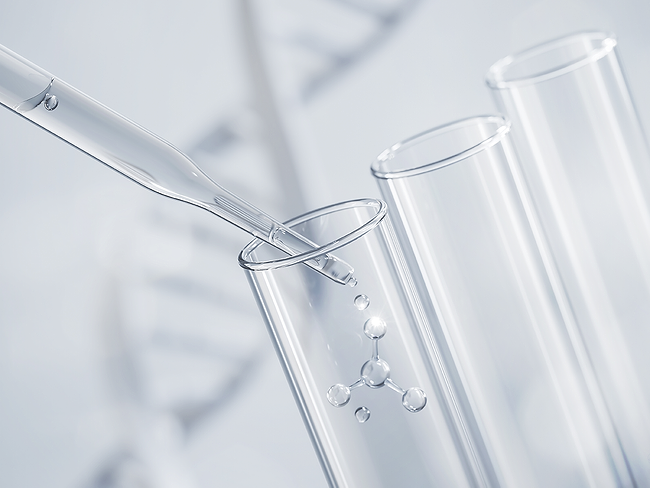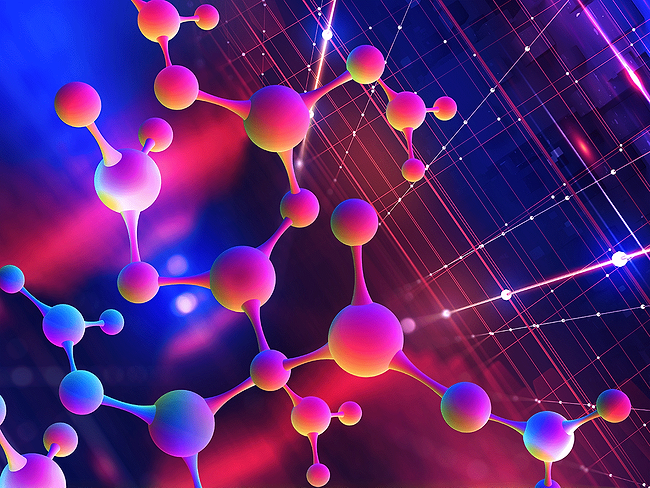
Substance use and poisoning, BioWorld Science
Substance use and poisoning
GATC Health compounds enter preclinical development for fentanyl addiction and opioid use disorders
Read MoreSubstance use and poisoning
Spironolactone shows promise for alcohol abuse disorder in rodents
Read MoreSubstance use and poisoning


